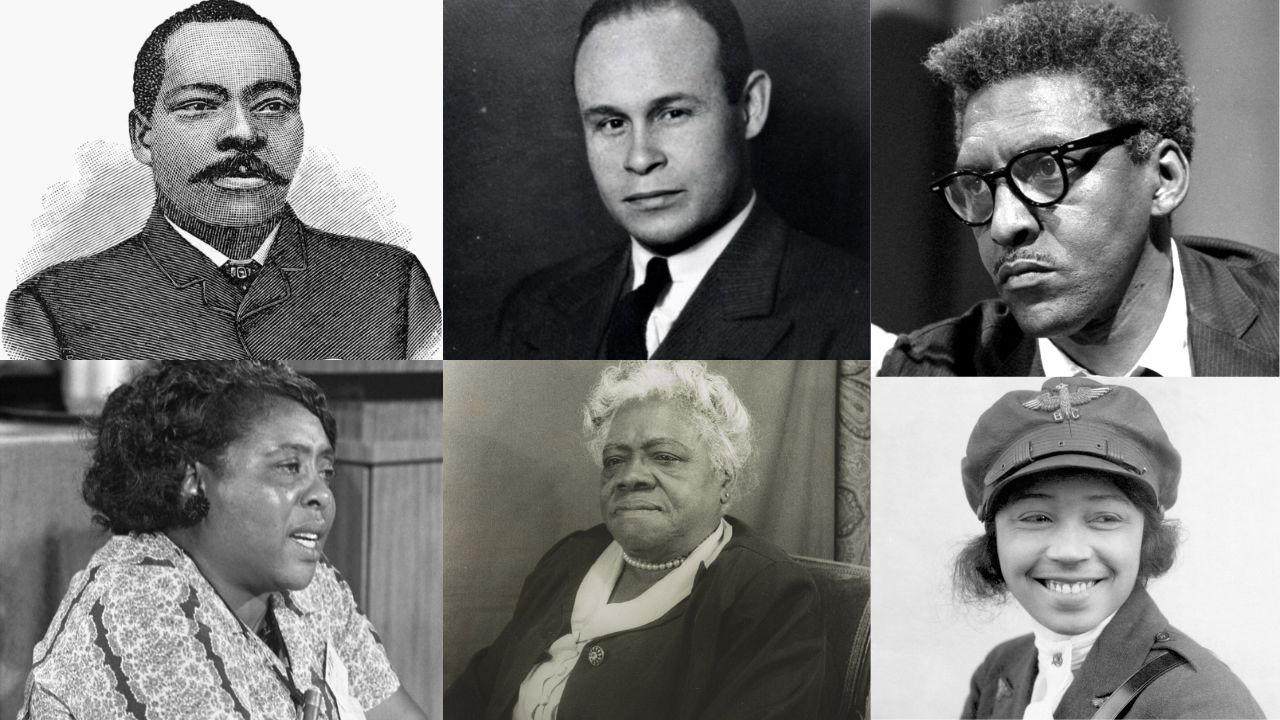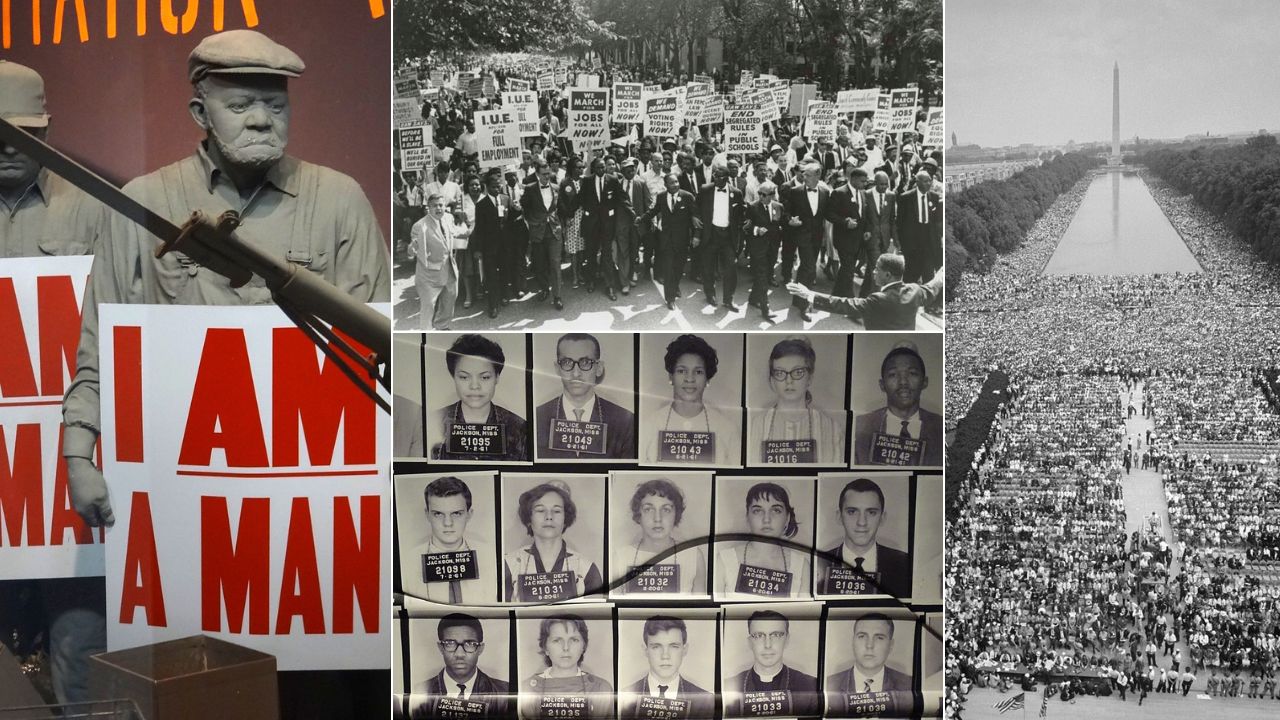Throughout American history, countless Black leaders and innovators have shaped the nation’s culture, politics, and society, often without receiving the recognition they deserve. These unsung heroes fought for justice, advanced education, and paved the way for future generations. From scientists and activists to soldiers and artists, their contributions have left an indelible mark on American history. Here are 12 remarkable figures whose stories inspire resilience, courage, and the power of determination, reminding teens today of the significance of standing up for what is right.
1. Claudette Colvin
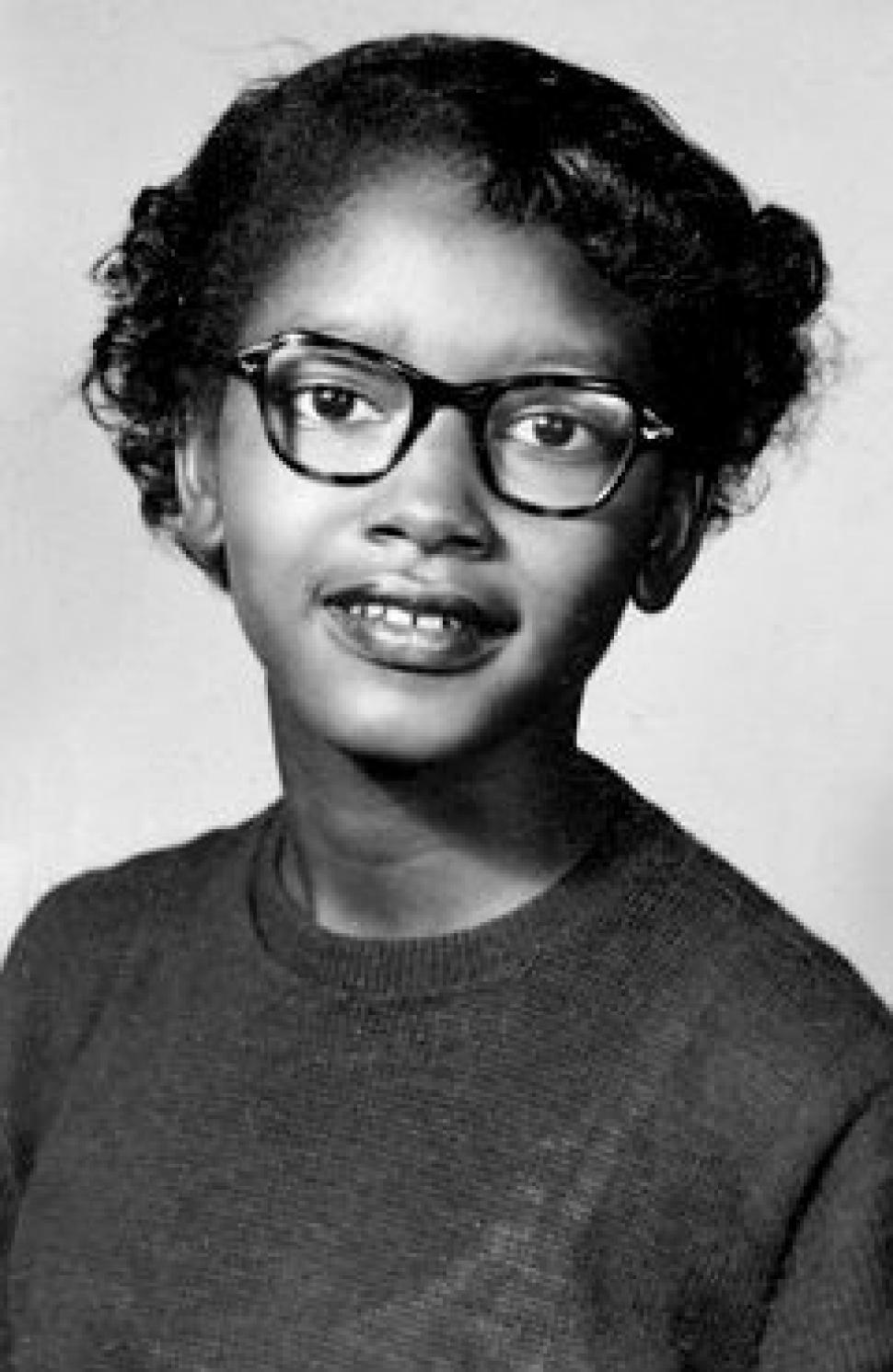
Before Rosa Parks’ iconic bus protest in 1955, 15-year-old Claudette Colvin refused to give up her seat in Montgomery, Alabama. Arrested for defying segregation laws, her courage sparked early momentum in the civil rights movement. Despite being overlooked due to her age and social expectations, Claudette’s action was pivotal in challenging racial injustice. Her story teaches teens that even young individuals can make meaningful change and that history sometimes overlooks brave acts that deserve recognition.
2. Bayard Rustin
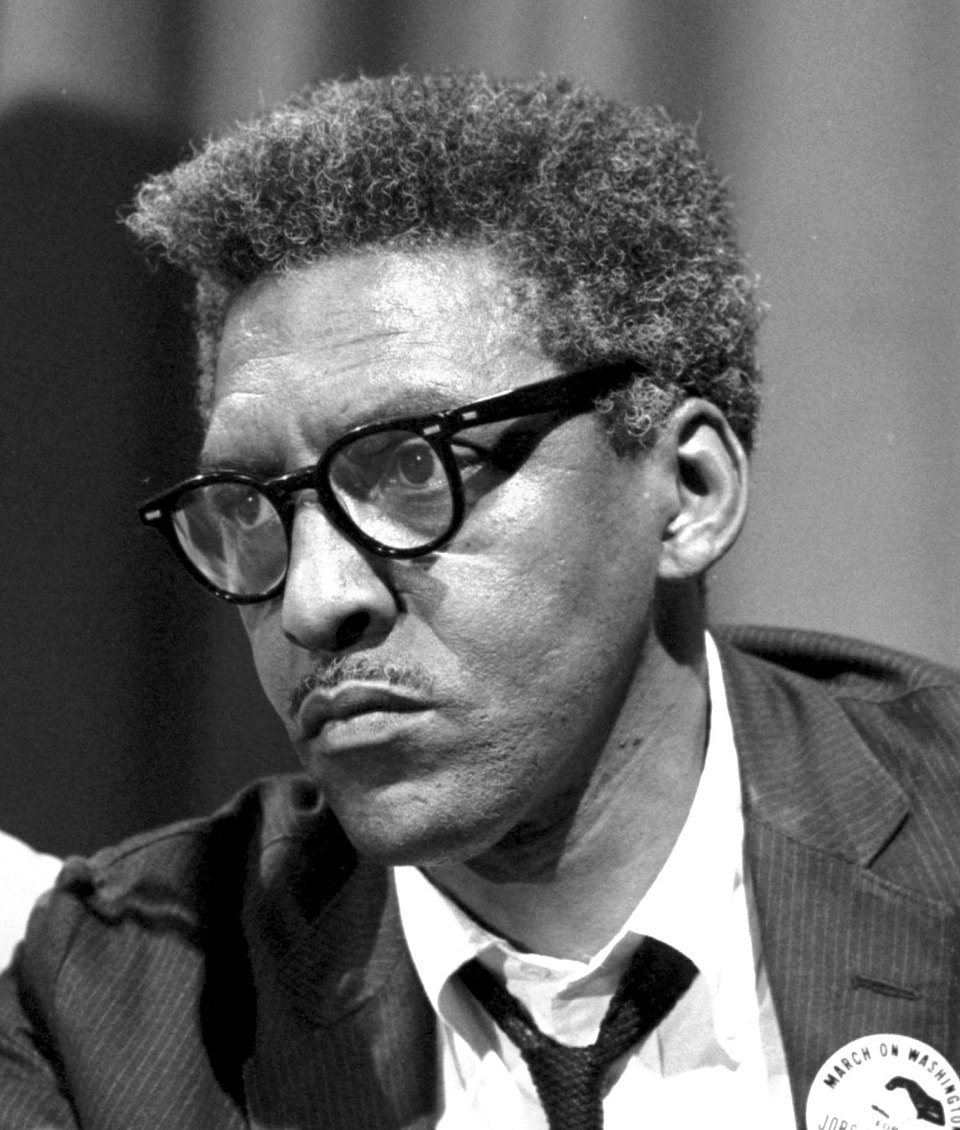
Bayard Rustin was a key strategist behind the 1963 March on Washington but often stayed behind the scenes due to his identity as a gay man. Rustin’s organizational skills ensured the success of one of the largest demonstrations for civil rights in U.S. history. He also advocated nonviolent protest inspired by Mahatma Gandhi. Teens can learn from Rustin the importance of leadership, planning, and standing firm in one’s values, even when society tries to silence your contributions.
3. Garrett Morgan
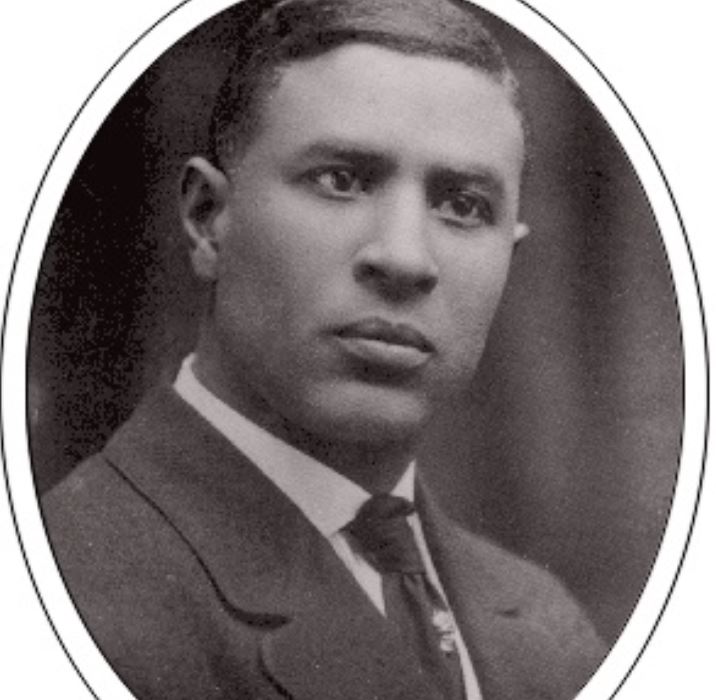
Inventor Garrett Morgan developed life-saving innovations such as the traffic signal and a safety hood used by firefighters. Born in 1877, Morgan’s inventive mind addressed everyday dangers, improving public safety nationwide. Despite facing racial discrimination, he patented his inventions and showcased them internationally. His legacy demonstrates that creativity, persistence, and dedication to problem-solving can create lasting impact, reminding teens that innovation often emerges from addressing real-world challenges.
4. Fannie Lou Hamer
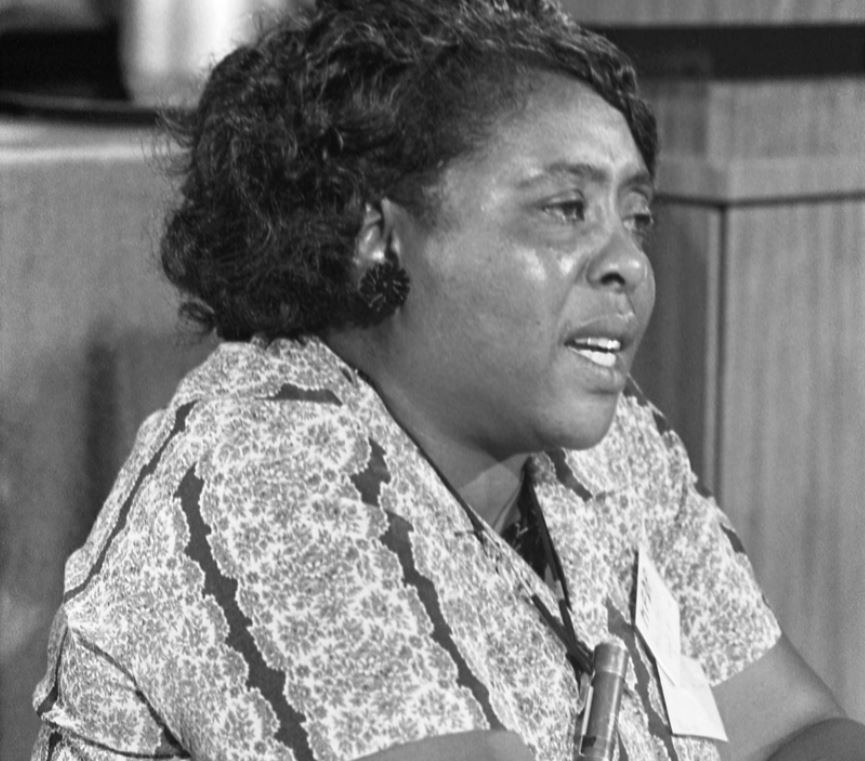
Fannie Lou Hamer fought tirelessly for voting rights during the 1960s, co-founding the Mississippi Freedom Democratic Party. Enduring arrests and violence, she gave unforgettable speeches exposing systemic disenfranchisement. Hamer’s unwavering commitment helped pass laws protecting African American voters. Teens today can see in her story the importance of civic engagement, standing against injustice, and using one’s voice to fight for equality and fairness, proving that grassroots activism can transform society.
5. Benjamin Banneker
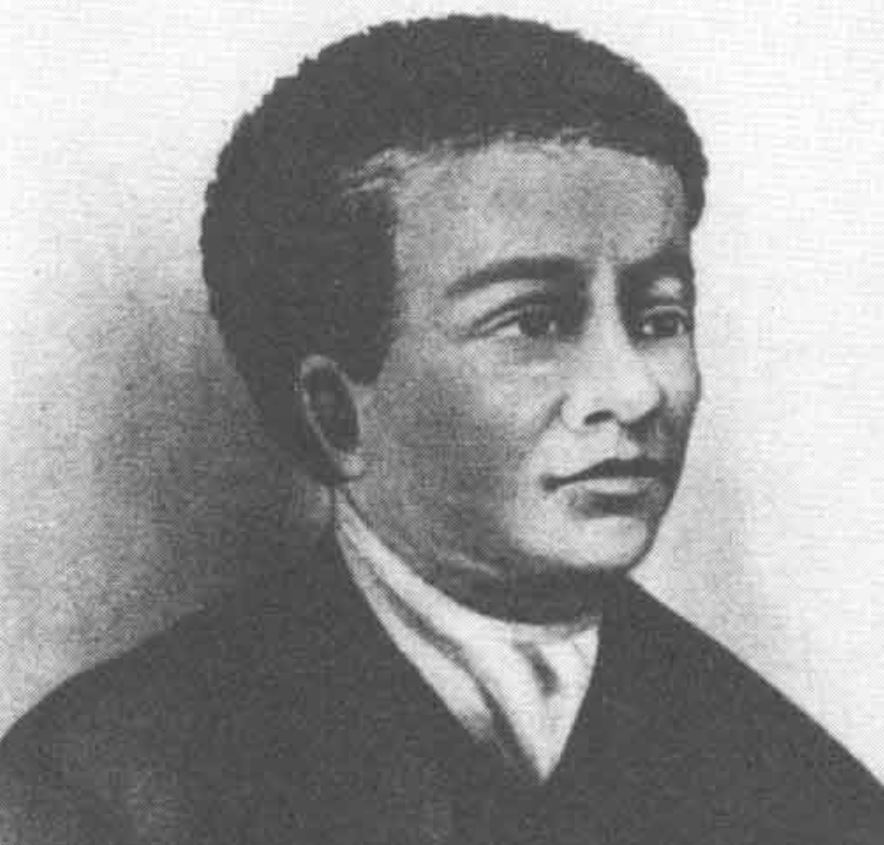
Benjamin Banneker, a self-taught mathematician and astronomer in the 18th century, calculated solar eclipses and helped survey the boundaries of Washington, D.C. He also challenged Thomas Jefferson with letters advocating racial equality. His brilliance demonstrated that intellect and perseverance can overcome societal barriers. Banneker’s life encourages teens to pursue education relentlessly, question unjust norms, and recognize that knowledge is a powerful tool for shaping a better world.
6. Mary McLeod Bethune
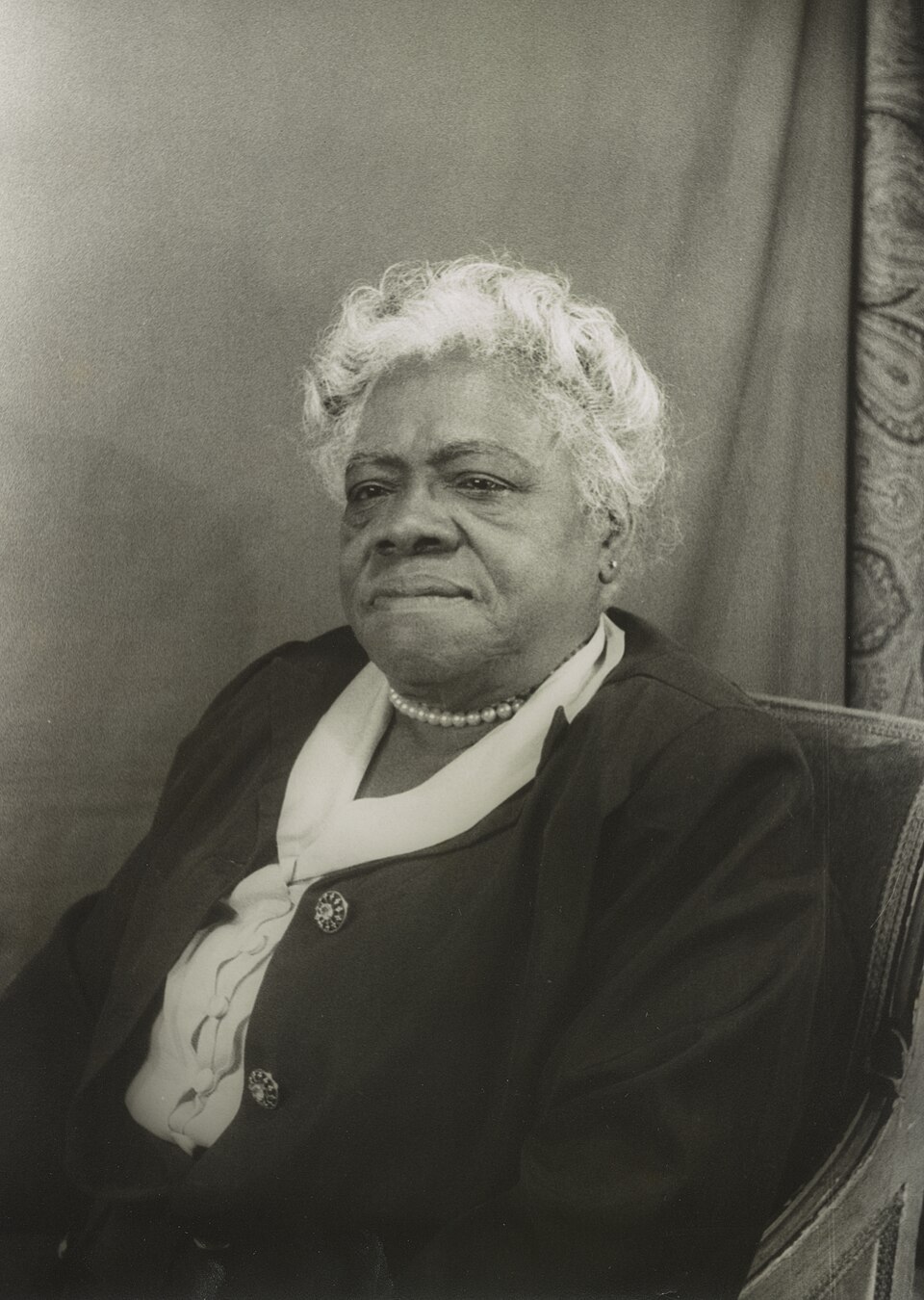
Mary McLeod Bethune founded Bethune-Cookman University and advised U.S. presidents on education and civil rights. She believed in the power of knowledge to elevate communities and tirelessly worked to provide educational opportunities for Black youth. Bethune’s leadership shows teens how vision, dedication, and mentorship can empower others, emphasizing that education is not just personal advancement but a pathway to societal change.
7. Robert Smalls
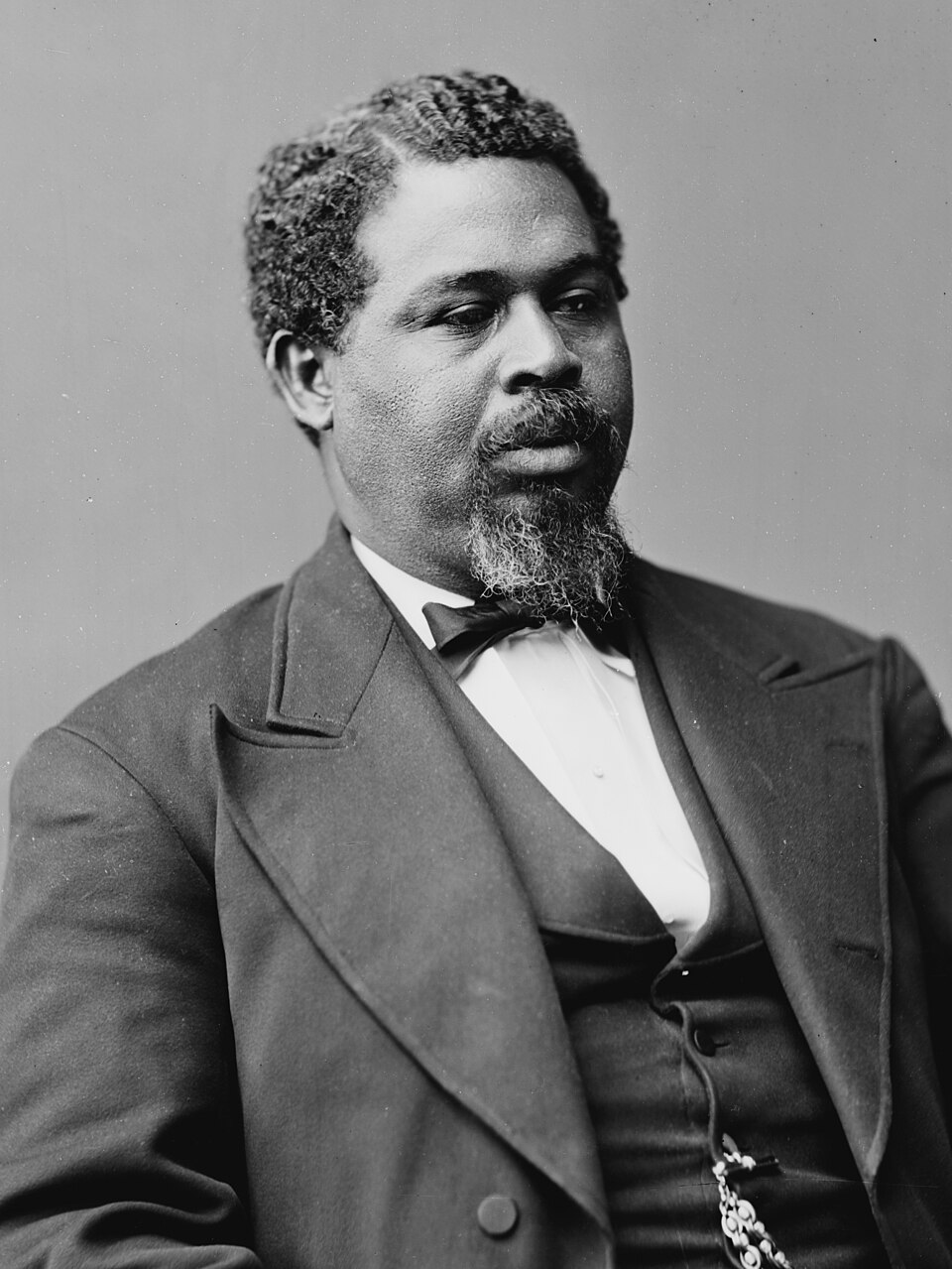
Born into slavery, Robert Smalls became a Civil War hero when he commandeered a Confederate ship to freedom for himself and others. Later, he served in the South Carolina legislature, advocating civil rights and education. Smalls’ life exemplifies bravery, resourcefulness, and civic responsibility. Teens can learn from his story that courage in the face of danger and dedication to community advancement can alter history and inspire others.
8. Shirley Chisholm
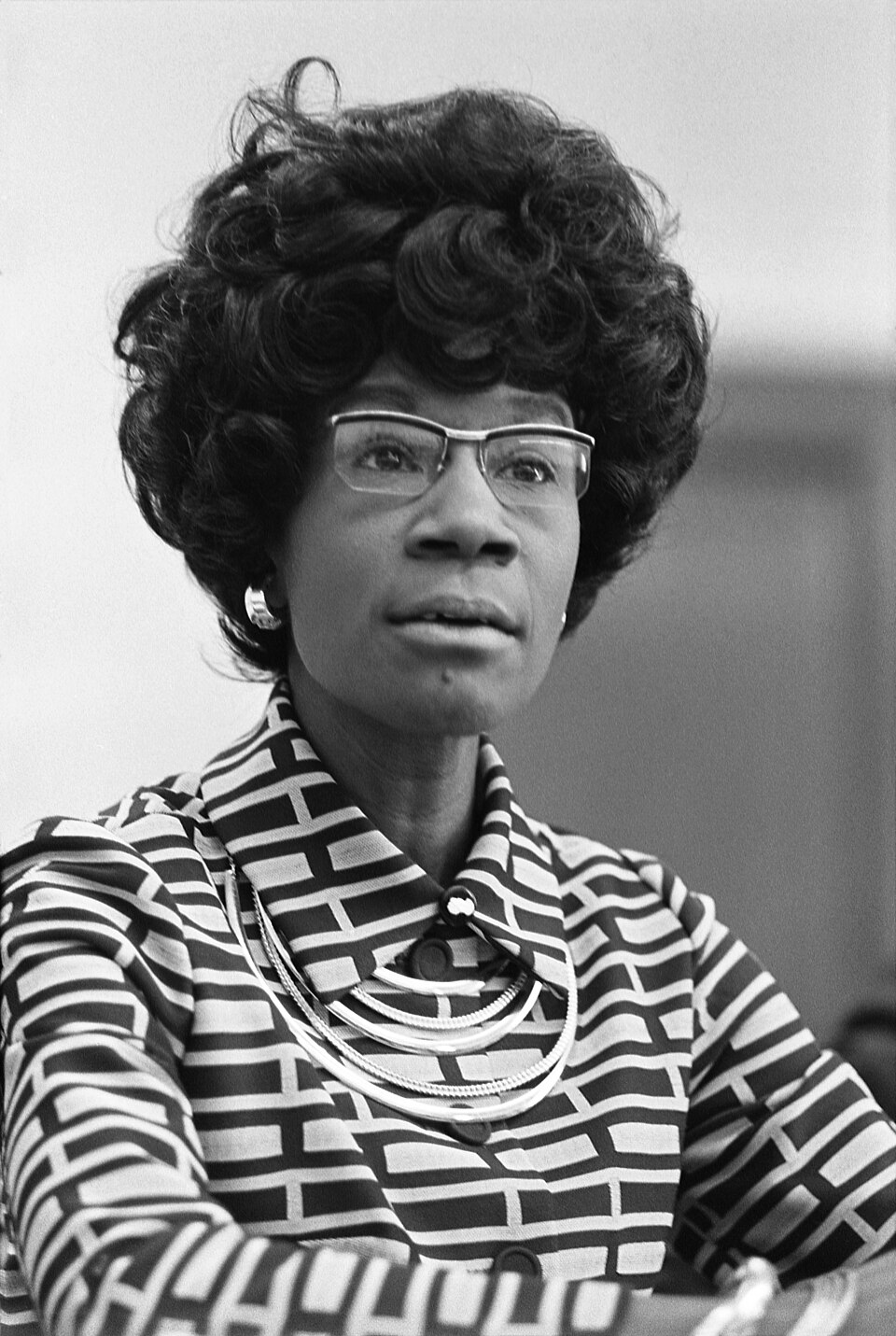
Shirley Chisholm was the first Black woman elected to the U.S. Congress in 1968 and the first major-party Black woman presidential candidate in 1972. She championed education, women’s rights, and social equality. Chisholm’s career reminds teens that breaking barriers requires resilience, strategic thinking, and an unwavering belief in one’s potential to influence politics and society positively.
9. Granville T. Woods
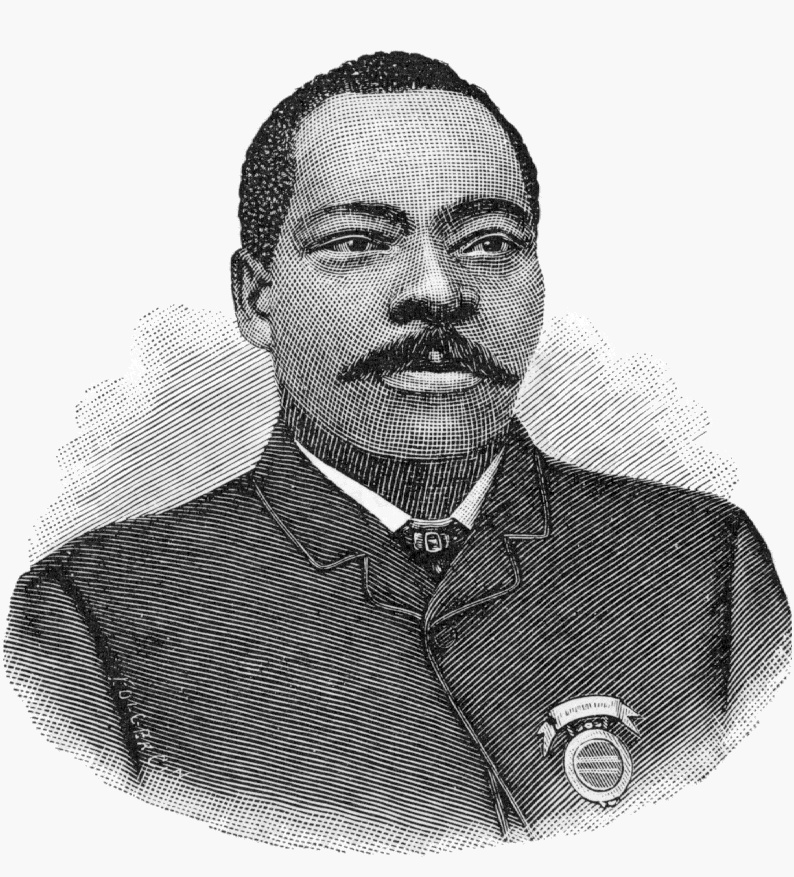
Known as the “Black Edison,” Granville T. Woods invented improvements to the telephone, telegraph, and railway systems in the late 19th century. His innovations helped modernize transportation and communication. Woods faced legal and racial obstacles but continued to patent and develop groundbreaking technologies. Teens today can see in his life the value of creativity, determination, and the pursuit of knowledge, highlighting how technology can transform everyday life.
10. Dr. Charles Drew
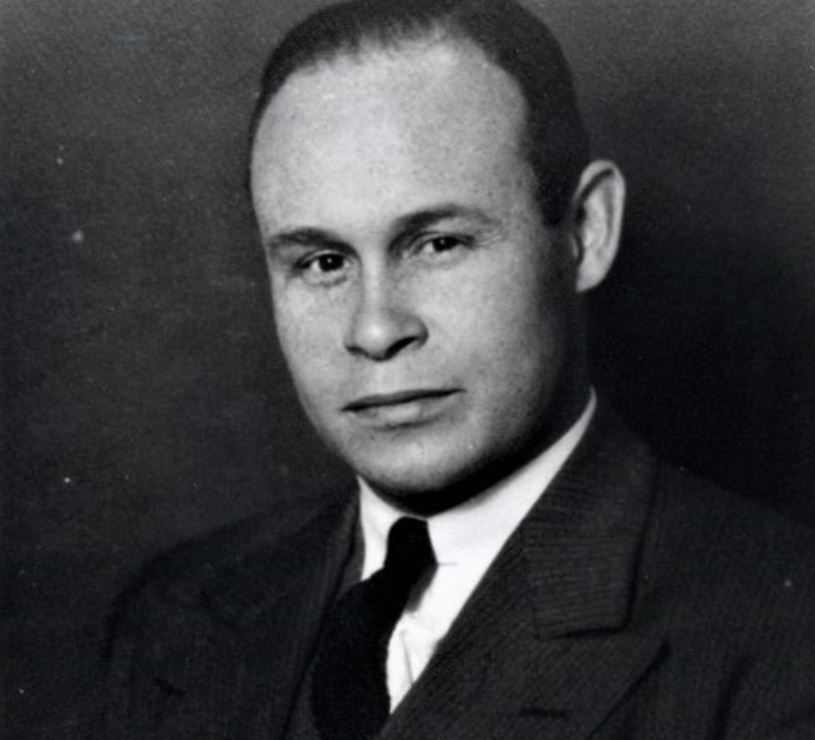
Dr. Charles Drew revolutionized blood transfusions by developing large-scale blood banks during World War II. He pioneered methods for storing and transporting blood plasma, saving countless lives. Despite facing racial discrimination, Drew’s medical research had a lasting impact on modern medicine and emergency care. Teens can learn from his story that innovation combined with perseverance can create life-saving change, and that dedication to science and humanity can leave a legacy far beyond personal recognition.
11. Octavius Catto
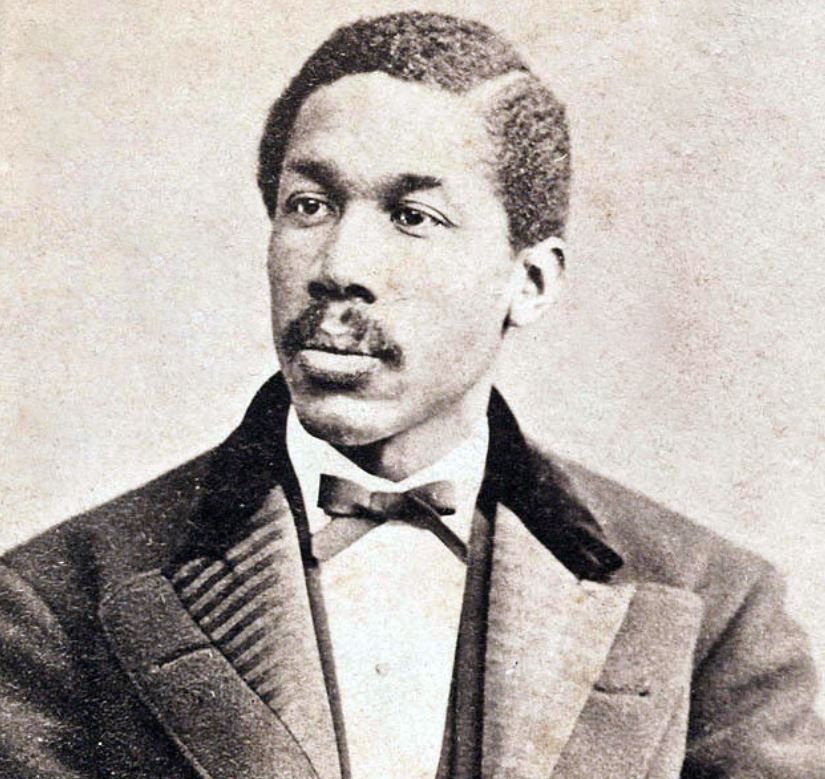
Octavius Catto was a 19th-century educator and civil rights activist in Philadelphia. He fought for desegregation in schools and equal voting rights. Tragically, he was assassinated on election day in 1871. Catto’s commitment to education, equality, and civil rights exemplifies how individuals can challenge injustice through both advocacy and personal courage. Teens can draw inspiration from his life by understanding that societal progress often comes at great personal risk.
12. Bessie Coleman
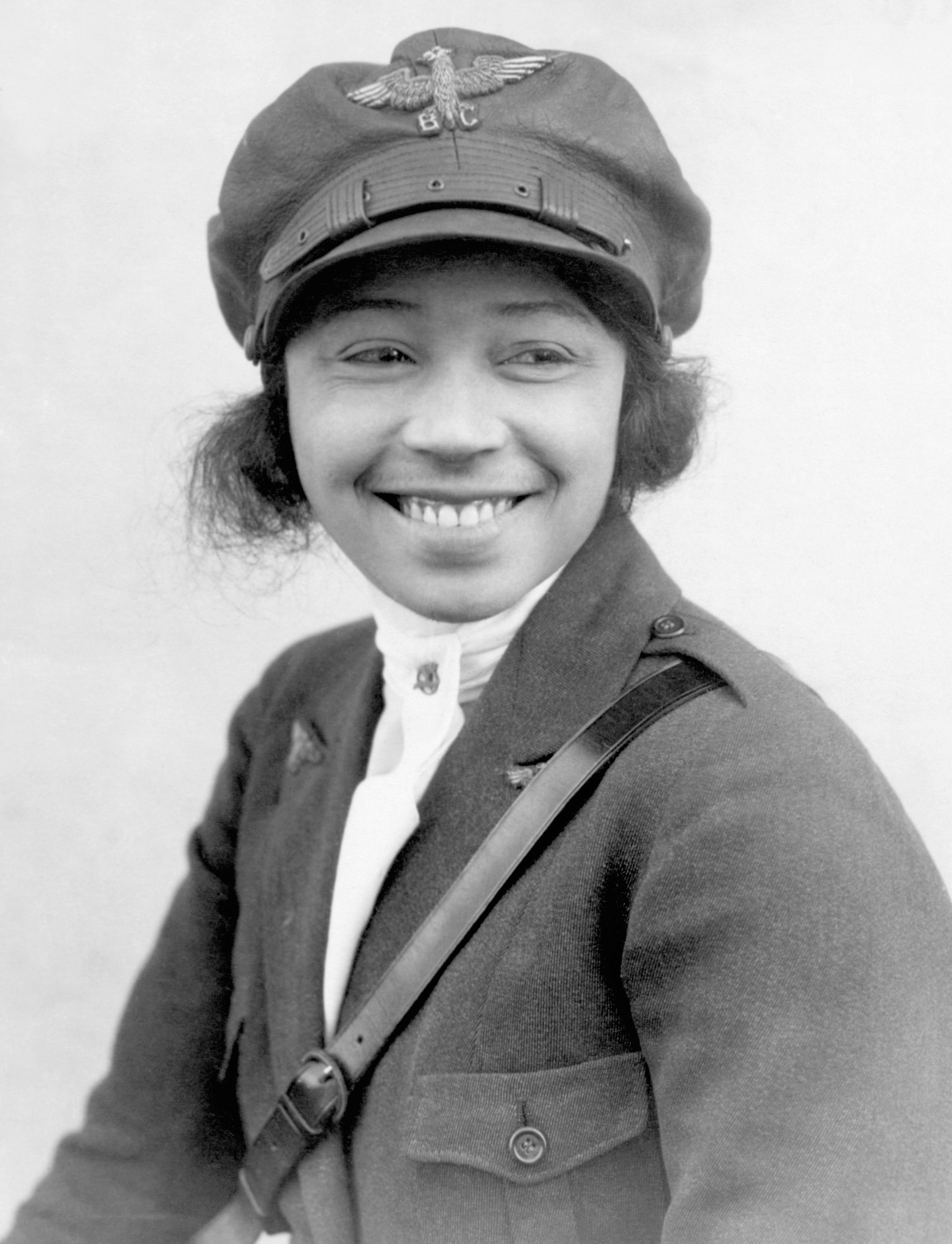
Bessie Coleman became the first African American and Native American woman to earn a pilot’s license in 1921. Facing discrimination in the United States, she trained in France and returned to inspire others through exhibition flights. Coleman’s determination highlights the power of persistence and breaking social barriers. Teens today can learn that passion, courage, and tenacity allow individuals to reach extraordinary heights, regardless of societal limitations.
